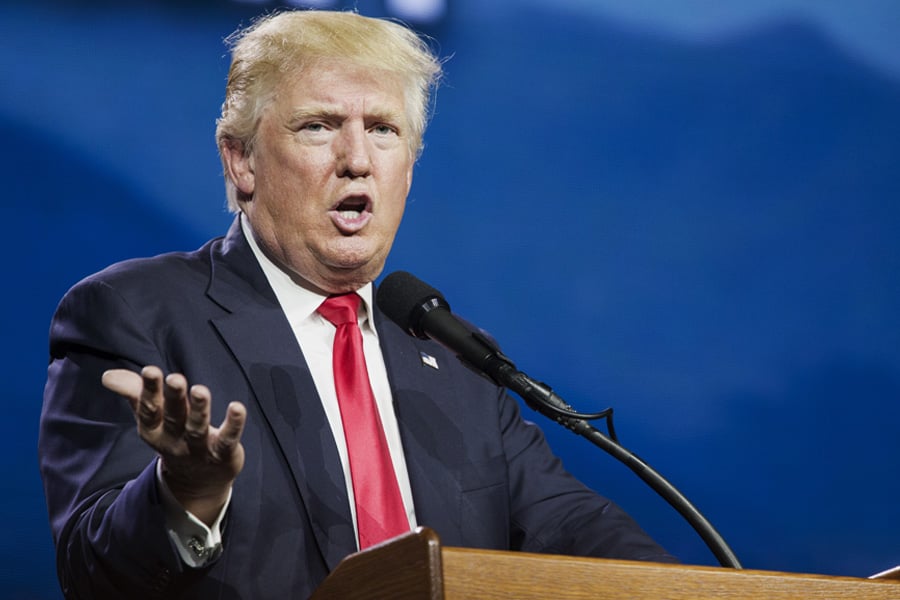Wealthy investors are more confident since Donald Trump won the U.S. presidential election, signaling more faith in his ability to address the economy, health care and U.S. national security, according to a UBS Wealth Management Americas survey.
Forty-eight percent are optimistic about the economy over the next year, compared to 39% three weeks earlier, UBS found in a surveys of 1,200 wealthy investors immediately before and after the election. Fifty-three percent are now expecting positive returns from the S&P 500 Index in next six months, up from 25% before the election.
UBS found that Mr. Trump's positioning as an outsider was critical to his surprise victory, with 90% of high-net-worth investors indicating that Washington was in need of a shake-up. While that anti-establishment stance earlier created some anxiety among investors about how his policies would play out in the markets, many now are
expressing enthusiasm about the prospect of fewer regulations.
"Before the election, we saw many investors adopt a defensive stance, raising cash and moving away from stocks," said Paula Polito, client strategy officer of UBS Wealth Management Americas. "With the election behind us, many investors are looking ahead with a growing sense of optimism about the economy and the markets."
Thirty percent increased cash holdings before the election, as many shifted to a more conservative asset allocation and cut back on spending, according to the survey. After Mr. Trump won, the number of investors planning to increase investments in the stock market has almost doubled to 17%.
Trump supporters tout
less regulation, a greater sense of national security and improved infrastructure, according to the UBS survey. One-third of investors expect their taxes to decrease in his presidency, with many saying they would increase investments, spending and charitable donations as a result.
The core group of investors surveyed by UBS have a least $1 million to invest, with lower minimums set for affluent millennials, who are in the early stages of building wealth.
More than half of those surveyed plan to talk to their financial advisers about policy changes that will impact their investment portfolios and financial planning strategies under a Trump administration. Forty percent of investors are planning changes to their portfolios, with decisions mostly informed by their political leanings, according to the UBS survey
Thirty-three percent of Trump supporters are increasing investments in the U.S. stock market, while many Hillary Clinton backers are shifting to a more conservative allocation after the election outcome, including 28% who said they're raising cash.
Mr. Trump's temperament is a concern among all investors surveyed by UBS. Fifty-eight percent believe that starting another war may be one of his biggest potential mistakes while in office. Eighty-seven percent of Clinton supporters are “highly worried” about what he will do as president, with more than half seeing the potential for an economic recession.
Mr. Trump was viewed as the stronger candidate for all but one of wealthy investors' top five issues in the election: economy, health care, national security, foreign policy and taxes. Ms. Clinton, the former secretary of state, was seen as stronger on foreign policy, as well as on the least important matters for the wealthy investors surveyed by UBS, including income equality, social issues and education.
More than a third didn't always admit their voting preference to friends and family to avoid judgement and arguments, with almost 33% saying they know people who fibbed about their vote.
"Investors felt very strongly about both candidates," said Sameer Aurora, head of client strategy for UBS Wealth Management Americas. "The main thing now is not to make emotional, reactive decisions based on the election outcome.”







